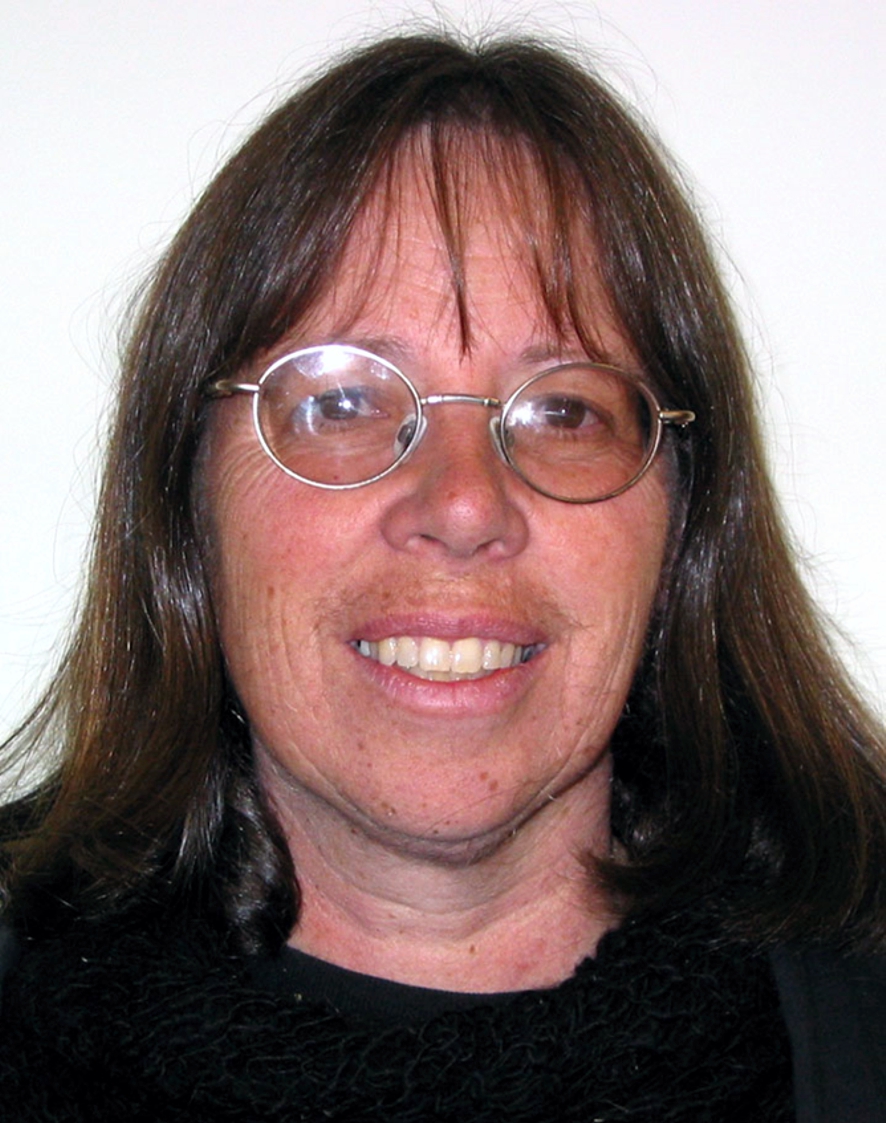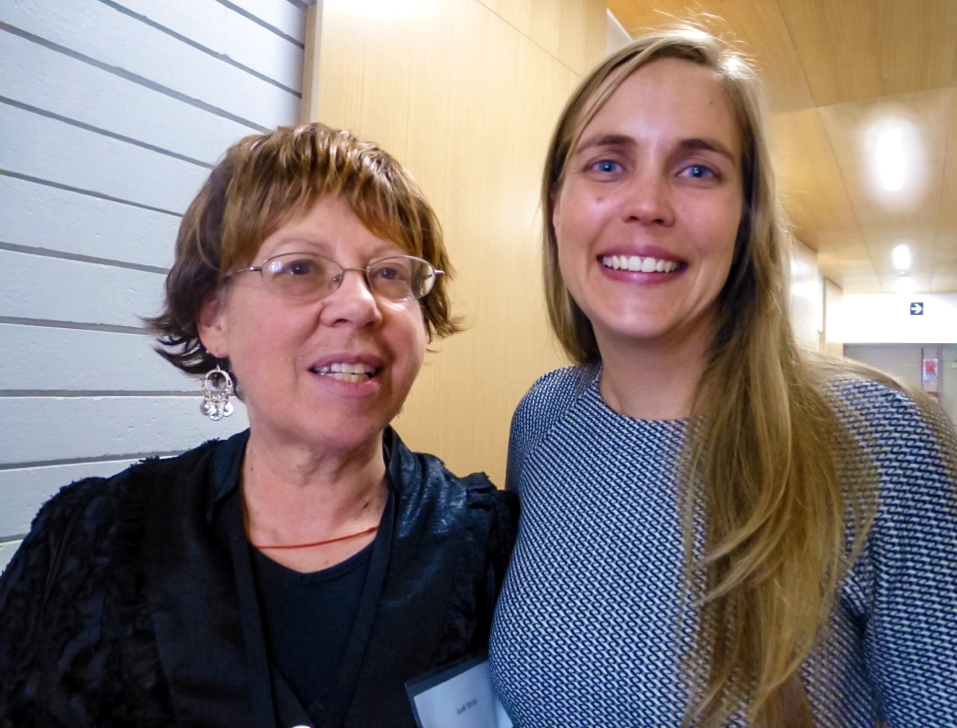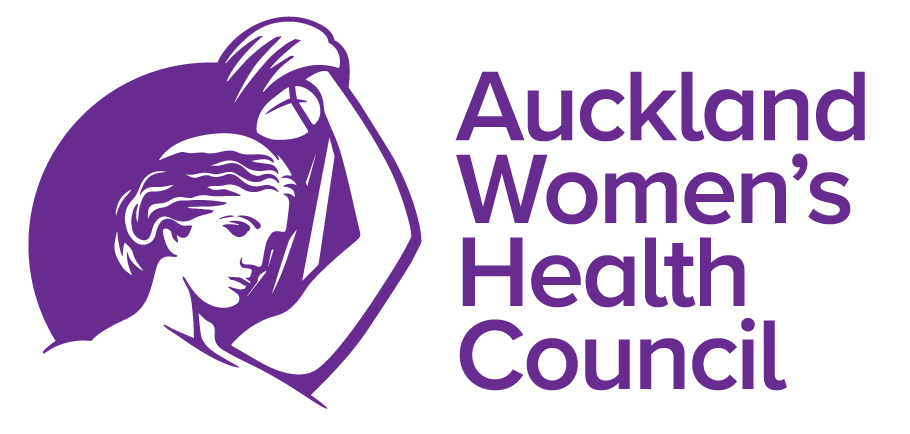Judi Strid
Judi was a truly remarkable woman, a leader and one of the most effective change agents in the maternity sector in New Zealand during the 1980s and 1990s. I met Judi in the mid-1980s and we soon became friends and colleagues as we joined and/or established consumer groups and worked on numerous issues of concern in the maternity sector. Judi was an inspiring and hard-working member of the Home Birth movement, Save the Midwives and Maternity Action, as well as many other groups.
In 1986 she helped form, and then led, the Direct-Entry Midwifery Task Force whose aim was to see the establishment of a direct-entry midwifery programme in New Zealand. Over the next four years Judi led this hugely successful campaign. On 29 November 1987, taskforce members met with Marilyn Waring to discuss strategies for achieving the goal of getting a specialist midwifery training course of a high standard that would be both appropriate to New Zealand and which would also be recognised internationally. As co-ordinator of the Task Force, Judi inspired and motivated the rest of us with her passion and enthusiasm for the cause, and over the next few years we vigorously lobbied MPs, wrote letters, applied for funding, produced submissions, networked with other women, researched overseas midwifery training programmes and attended conferences both in New Zealand and overseas. Without Judi’s commitment and countless hours of unpaid work we would not have achieved as much as we did. The passing of the Nurses Amendment Act in August 1990 was an overwhelming victory for all those involved in this campaign.
Few midwives today, and probably not one pregnant woman choosing a midwife to care for her, know just how much they owe to Judi Strid.
The Auckland Women’s Health Council was formed in July 1988 following a number of informal meetings about women’s health issues held in the early months of that year. Judi was a founding member of the AWHC, which became an incorporated society in September 1989. She was the first paid co-ordinator of the AWHC, taking on the job after funding had been obtained after the demands of the AWHC’s work became more than could be done by Sue Neal, our volunteer secretary. Judi worked tirelessly for the Council, organising fundraising book fairs, writing grant applications, attending hundreds of meetings including those of the newly formed Auckland Area Health Board. She also played a major role in the formation of the Federation of Women’s Health Councils in 1990 and subsequently worked in a volunteer role as the first convenor of the Federation for several years.
Judi was also involved in the hui on maternity services consumer representation held at the Manukau Institute of Technology in Otara on Saturday 25 November 1989. The meeting was attended by around 50 women and Task Force members, Ray Naden, Anne Nightingale, Sam Denny and Yvonne Underhill-Sem. The result of this meeting was the formation of the Auckland Maternity Services Consumer Council in 1990.
Debbie Payne, the first convenor of the Maternity Services Consumer Council, said that the MSCC was Judi’s brain-child in that it was her idea to set it up as an umbrella group similar to the Federation of Women’s Health Councils. Judi helped Debbie set up the first meeting of the MSCC Steering Group in 1991 and for the first year MSCC meetings took place in Debbie’s home as Debbie was on a year’s maternity leave at the time.
At the beginning of 1995 Judi resigned from both the AWHC and the Federation of Women’s Health Councils.
She then went on to set up the Women’s Health Information Unit at National Women’s Hospital in Epsom where she became renowned for her commitment to ensuring women (and health professionals) had access to the latest evidence-based information on a wide range of women’s health issues. She also became a member of the Women’s Health Action Trust, a position she held until 2001.
Judi was appointed Director of Advocacy at the office of the Health and Disability Commissioner in 2004, a position she held until November 2014. She was a tireless champion of health and disability consumer advocacy and of the Code of Rights in her role as Director. Judi also served as the HDC representative on the National Quality Improvement Committee, where she championed the consumer voice, alongside Jean Hera, the consumer representative from the Palmerston North Women’s Health Collective. Jean said Judi was a great support to her in this role.
In 2005 Judi was made a Member of the New Zealand Order of Merit (MNZM) for her services to women’s health.
On Thursday 26 February 2015 Judi Strid died at home following a four-year battle with cancer. She was 59 years old, the mother of five children and three grandchildren. Judi was a very private person, and always refused any attention or acknowledgement of her many achievements. She would definitely not have approved of this tribute to her. However, as others have observed “a great kauri has fallen” and those left behind want to celebrate the life and untimely death of this unique, determined and very humble woman.
Lynda Williams
March 2015


